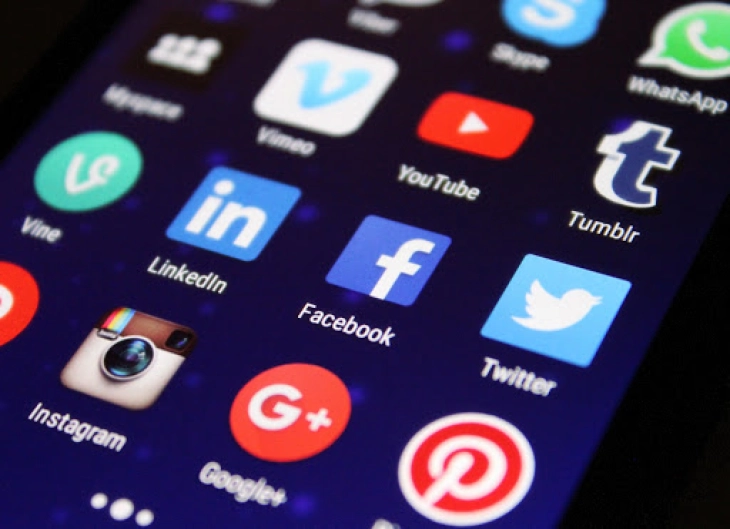Stricter EU rules for Meta, Amazon and other big tech 'gatekeepers'
- Six big tech companies will be subject to stricter rules in the European Union aimed at preventing them from abusing their dominant market positions as "gatekeepers" of the digital economy.

Brussels, 6 September 2023 (dpa/MIA) - Six big tech companies will be subject to stricter rules in the European Union aimed at preventing them from abusing their dominant market positions as "gatekeepers" of the digital economy.
The new provisions are part of the EU Digital Markets Act (DMA), aiming to limit the market power of internet giants, ensure fairer competition and give consumers more freedom of choice.
The European Commission said the measures apply to Microsoft, Amazon and Meta - including for its Facebook, WhatsApp and Instagram services - as well as Alphabet, Apple and ByteDance, the owner of video app TikTok.
The businesses are no longer allowed to give preferential treatment in ranking to their own services and they may only merge data from different sources with explicit user consent.
The consequences could include additional app stores on Apple's iPhones and opening up major chat services to previously incompatible rivals. A total of 22 services and products were put on the "gatekeeper" list.
The companies have six months to implement the rules. Violations can result in heavy fines, and in exceptional cases even in dissolution.
"The most impactful online companies will now have to play by our EU rules," European Commissioner Thierry Breton posted on X, formerly known as Twitter.
Companies fall under the DMA if they have an annual turnover of at least €7.5 billion ($8.05 billion) or a market capitalization of at least €75 billion.
They must also operate a so-called central platform service with at least 45 million active users and 10,000 active commercial users per month.
The rules state that large companies may only merge data from different sources with explicit user consent. This requirement may keep Meta's Twitter alternative Threads out of the EU, as Threads is connected to Instagram. Meta explicitly referred to the DMA as a reason for not offering Threads in the EU.
On Wednesday Meta said it was reviewing the EU decision and working to implement the rules.
Under the rules, large chat services such as WhatsApp will have to open up for interaction with smaller messengers, which has been the subject of heated debate in recent years.
Critics warn that it could lead to less security for users. The data on WhatsApp, for example, has end-to-end encryption by default. This means that only the users involved can see them in plain text, but not the provider.
Apple is arguing that its chat service iMessage is not subject to the new law and an investigation about this should be completed within five months.
But Apple's business could be drastically affected in other areas. For example, one of the law's requirements for gatekeepers is that they must allow third-party app stores.
Until now, apps on iPhones can only be downloaded from Apple's download platform. It also prohibits major companies from requiring the use of their own services to access the platform as is currently the case with Apple.
Apple argues that its procedures are designed to protect users against fraud.
"We remain very concerned about the privacy and data security risks that the Digital Markets Act poses to our users," the company said on Wednesday. It said it would focus on mitigating these impacts.
Video app Tiktok also criticized the EU for assigning it a gatekeeper role and is considering further action.
"We support the DMA's goal of creating a competitive playing field in Europe, but fundamentally disagree with this decision," a spokesman stressed.
TikTok had brought more choice to an area largely controlled by incumbents and listing the video app along other big tech companies could harm competition, the company said.
Google stressed it would work to follow the DMA while continuing to provide helpful and secure products to users in Europe.
The Microsoft group, where Windows and the career network LinkedIn have been affected so far, accepted the status. At the same time, the EU is still examining whether Microsoft's ad platform and the search engine Bing should be exempted.
Photo: MIA Archive







